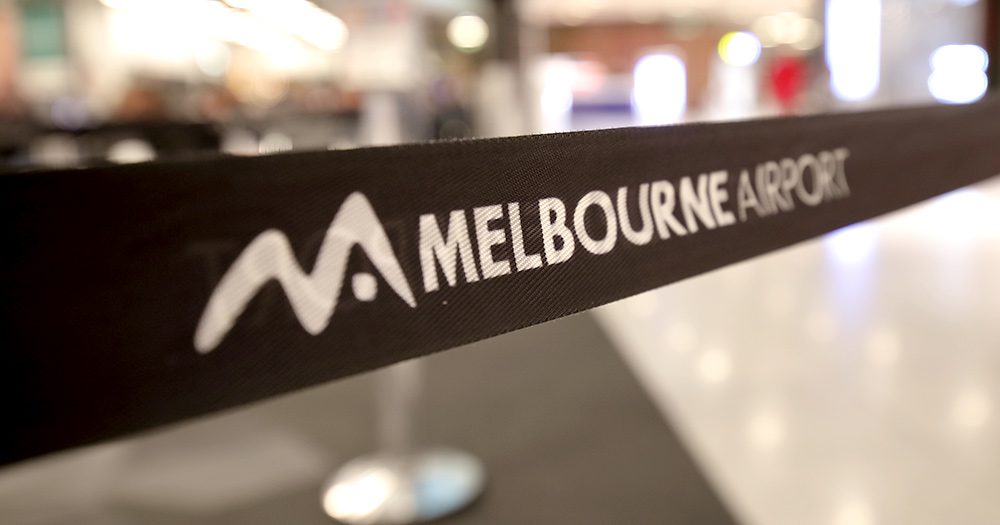Australia’s second-largest airport has called for an end to pre-departure testing for fully vaccinated international travellers.
South Australia, Queensland and Tasmania have dropped testing requirements for the fully vaccinated arriving from interstate, as COVID-19 infections in both states climb following their borders reopening.
Melbourne Airport has urged the Commonwealth to do the same for double-jabbed overseas travellers, who are still required to show proof of a negative PCR test within three days of departure to Australia.
“The shift away from pre-departure testing for domestic travel is welcome and given the high levels of COVID-19 present in the Australian community, the federal government should now scrap the requirement for fully vaccinated international passengers to undertake pre-departure tests before flying to Australia,” Melbourne Airport chief of aviation Lorie Argus said.
“The fear of being stuck overseas because of a positive test result is a major deterrent for many Australians considering an overseas holiday, and it’s clear this requirement now provides no public health benefit and serves no useful purpose.
“Aviation’s recovery depends on passengers having certainty, and it is important that governments provide that at every possible opportunity.”
Mr Argus expects the Omicron wave to impact the remainder of the summer travel period after passenger numbers surged at Tullamarine in December.
Total traveller numbers were up 46 per cent compared to the same month in 2020, with 1,115,233 people passing through the airport’s four terminals.
Among them was 135,823 overseas travellers, its highest monthly figure since the international border was slammed shut in March 2020.
The airport’s passengers numbers for the first half of the 2021/22 financial year were double those recorded in 2020, but remain down more than 89 per cent from 2019.
Via AAP





